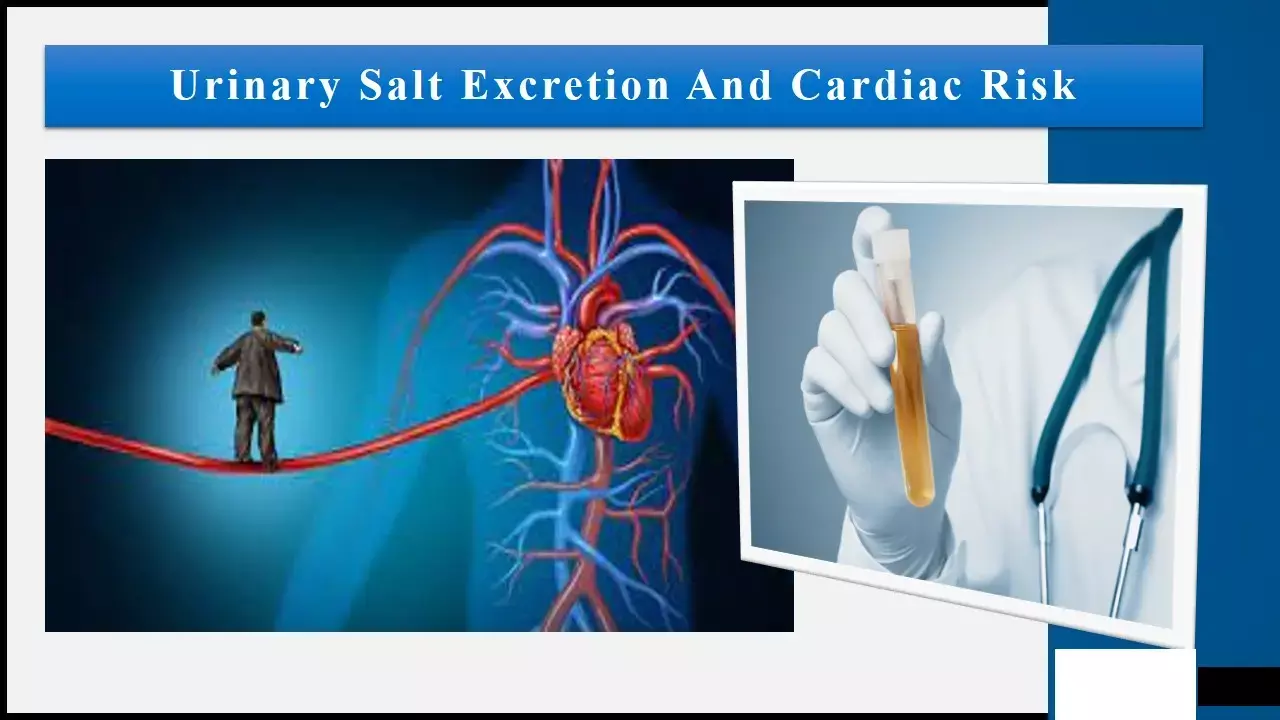- Home
- Medical news & Guidelines
- Anesthesiology
- Cardiology and CTVS
- Critical Care
- Dentistry
- Dermatology
- Diabetes and Endocrinology
- ENT
- Gastroenterology
- Medicine
- Nephrology
- Neurology
- Obstretics-Gynaecology
- Oncology
- Ophthalmology
- Orthopaedics
- Pediatrics-Neonatology
- Psychiatry
- Pulmonology
- Radiology
- Surgery
- Urology
- Laboratory Medicine
- Diet
- Nursing
- Paramedical
- Physiotherapy
- Health news
- Fact Check
- Bone Health Fact Check
- Brain Health Fact Check
- Cancer Related Fact Check
- Child Care Fact Check
- Dental and oral health fact check
- Diabetes and metabolic health fact check
- Diet and Nutrition Fact Check
- Eye and ENT Care Fact Check
- Fitness fact check
- Gut health fact check
- Heart health fact check
- Kidney health fact check
- Medical education fact check
- Men's health fact check
- Respiratory fact check
- Skin and hair care fact check
- Vaccine and Immunization fact check
- Women's health fact check
- AYUSH
- State News
- Andaman and Nicobar Islands
- Andhra Pradesh
- Arunachal Pradesh
- Assam
- Bihar
- Chandigarh
- Chattisgarh
- Dadra and Nagar Haveli
- Daman and Diu
- Delhi
- Goa
- Gujarat
- Haryana
- Himachal Pradesh
- Jammu & Kashmir
- Jharkhand
- Karnataka
- Kerala
- Ladakh
- Lakshadweep
- Madhya Pradesh
- Maharashtra
- Manipur
- Meghalaya
- Mizoram
- Nagaland
- Odisha
- Puducherry
- Punjab
- Rajasthan
- Sikkim
- Tamil Nadu
- Telangana
- Tripura
- Uttar Pradesh
- Uttrakhand
- West Bengal
- Medical Education
- Industry
Urinary salt excretion linked to cardiovascular disease risk, NEJM.

The relation between sodium intake and cardiovascular disease remains controversial, owing to the inaccuracy of its measurement. Assessing 24-hour urinary excretion over a period of multiple days is considered to be an indirect yet an accurate method to determine salt intake.
Based on this observation Ma et al in the latest issue of NEJM have reported that higher sodium and lower potassium intakes, as measured in multiple 24-hour urine samples, are associated with a higher cardiovascular risk in a dose–response manner.
Several cohort studies have linked both estimated lower (e.g., <3000 mg per day) and higher (e.g., >6000 mg per day) sodium intakes, assessed mainly with the use of spot urine samples, to increased cardiovascular risk. Methodological limitations, including inaccurate estimates of individual sodium intakes and reverse causation related to coexisting conditions or changes in health status, may play a major part in these controversial findings.
In the present study Ma et al investigated the relation between sodium and potassium intakes and cardiovascular risk by combining individual-level data from 6 studies in healthy populations in which multiple 24-hour urine samples, the most accurate method for assessing sodium intake, were obtained for each participant.
The primary outcome was a cardiovascular event (coronary revascularization or fatal or nonfatal myocardial infarction or stroke). Among 10,709 participants, 571 cardiovascular events were ascertained during a median study follow-up of 8.8 years. Authors found that higher sodium intake was significantly associated with higher cardiovascular risk in a dose–response manner with a daily sodium intake of approximately 2000 to 6000 mg.
Lower potassium intake and higher sodium-to-potassium ratio were also associated with higher cardiovascular risks. Each daily increment of 1000 mg in sodium excretion was associated with an 18% increase in cardiovascular risk, and each daily increment of 1000 mg in potassium excretion was associated with an 18% decrease in risk.
Reason for controversial results in previous studies:
Authors argue that "the J-shaped association is probably due to confounding variables that were used in the equations to estimate the 24-hour urinary sodium excretion from spot urine samples (e.g., age, sex, body weight, and urinary creatinine concentration), all of which are related to cardiovascular risk and may contribute in part to the increased cardiovascular risk that has been associated with lower sodium intake in observational studies".
These findings may support reducing sodium intake and increasing potassium intake from current levels.
Previously, the Salt Substitute and Stroke Study (SSaSS) had shown that use of a salt substitute that contained reduced sodium and increased potassium led to significantly lower rates of cardiovascular disease and death from any cause in a high-risk population in China.
Source: NEJM: DOI: 10.1056/NEJMoa2109794
MBBS, MD , DM Cardiology
Dr Abhimanyu Uppal completed his M. B. B. S and M. D. in internal medicine from the SMS Medical College in Jaipur. He got selected for D. M. Cardiology course in the prestigious G. B. Pant Institute, New Delhi in 2017. After completing his D. M. Degree he continues to work as Post DM senior resident in G. B. pant hospital. He is actively involved in various research activities of the department and has assisted and performed a multitude of cardiac procedures under the guidance of esteemed faculty of this Institute. He can be contacted at editorial@medicaldialogues.in.
Dr Kamal Kant Kohli-MBBS, DTCD- a chest specialist with more than 30 years of practice and a flair for writing clinical articles, Dr Kamal Kant Kohli joined Medical Dialogues as a Chief Editor of Medical News. Besides writing articles, as an editor, he proofreads and verifies all the medical content published on Medical Dialogues including those coming from journals, studies,medical conferences,guidelines etc. Email: drkohli@medicaldialogues.in. Contact no. 011-43720751


